Whether it is a brief hospital admission, a follow-up check-up, surgery, or recurrent hospitalizations due to chronic illness, a child who is hospitalized creates a crisis within the family. A child’s responses to hospitalization are associated with the developmental level but usually include fear of separation, loss of control, injury, and pain.
The smoothness of the transition from home to the hospital relies on how well the child has been prepared for it and how the child’s physical and emotional needs have been satisfied. Providing support to the family, supplying them with information, and empowering their participation in the child’s care adds to the adjustment and well-being of all concerned.
Nursing Care Plans and Management
The major nursing care plan and management for a child who is hospitalized include increased ability to perform self-care activities, promoting the child’s emotional well-being, and an increased sense of the power of family in making decisions and absence of injury.
Nursing Problem Priorities
The following are the nursing priorities for a hospitalized child:
- Assess and manage pain and discomfort.
- Ensure safety and prevent falls or injuries
- Monitor vital signs and observe for any changes in the child’s condition.
- Provide emotional support and promote a child-friendly environment.
- Facilitate communication and collaboration with the child’s family and healthcare team.
- Assist with activities of daily living and promoting self-care.
- Educate the child and their family about the child’s condition, treatment plan, and discharge instructions.
- Promote adequate nutrition and hydration.
- Facilitate play and age-appropriate activities to promote normal development.
Nursing Assessment
Assess for the following subjective and objective data:
- Chief complaint or reason for admission (e.g., fever, abdominal pain, difficulty breathing).
- Description of symptoms, such as pain, discomfort, or changes in appetite or sleep patterns.
- Allergies or known medical conditions
- Previous medical history or surgeries
- Any medications or treatments the child is currently receiving
- Family medical history or relevant social factors
- Vital signs (e.g., temperature, heart rate, respiratory rate, blood pressure).
- Physical examination findings, including general appearance, skin condition, and organ-specific assessments.
- Laboratory results, such as blood tests, imaging studies, or microbiological cultures.
- Medications administered and response.
- Intake and output measurements, including fluid balance.
- Assessment of pain level using a validated pain scale.
- Documentation of procedures performed and their outcomes.
- Any changes in the child’s condition or response to treatment.
Nursing Diagnosis
Following a thorough assessment, a nursing diagnosis is formulated to specifically address the challenges associated with a hospitalized child based on the nurse’s clinical judgment and understanding of the patient’s unique health condition. While nursing diagnoses serve as a framework for organizing care, their usefulness may vary in different clinical situations. In real-life clinical settings, it is important to note that the use of specific nursing diagnostic labels may not be as prominent or commonly utilized as other components of the care plan. It is ultimately the nurse’s clinical expertise and judgment that shape the care plan to meet the unique needs of each patient, prioritizing their health concerns and priorities.
Nursing Goals
Goals and expected outcomes may include:
- The child will attain maximum self-care capability with or without the use of aids.
- The child will participate in age-appropriate activities within limitations imposed by illness.
- The child and family will experience reduce anxiety.
- The child will gain a sense of control over the situation.
- The child will participate in appropriate play without injury.
- The parent will verbalize safety considerations related to toys/games.
Nursing Interventions and Actions
Therapeutic interventions and nursing actions for a hospitalized child may include:
1. Assisting in Self-Care
Assisting the self-care of a hospitalized child involves providing age-appropriate support and guidance to help them maintain their personal hygiene, such as assisting with bathing, grooming, and dressing. It also includes encouraging the child’s active participation in their care, promoting independence whenever possible, and providing a supportive and nurturing environment that respects their privacy and dignity.
Assess physical tolerance and abilities to perform ADL, and play activities and restrictions imposed by the illness and medical protocol.
Provides information about the amount of energy and the effect of illness on activity level.
Provide personal care for the infant and small child; assist the child and adjust times and methods to fit the home routine.
Provides needed assistance where using patterns and articles that encourage the parent to assist the child. The child is accustomed to using and doing.
Anticipate the child’s needs for toileting, feeding, brushing teeth, bathing, and other care if unable to manage on own; allow the child to do as much as possible.
Prevents embarrassing experiences with toileting and maintains comfort with personal cleanliness and appearance.
Praise the child for participation in own care according to age, developmental level, and energy.
Promotes self-esteem and independence.
Balance activities with rest as needed; place needed articles and call light within reach if appropriate.
Prevents fatigue by conserving energy and promoting rest.
Provide assistive aids or devices to perform ADL, and allow choices when possible.
Assists child in performing self-care for ADL.
Encourage rest and quiet periods.
Ensures proper rest and prevents fatigue.
Instruct parents to interpret the child’s needs if the child is too young to talk.
Provides anticipatory care for the child.
Provide instructions in bathing, hygiene, toileting, feeding, and dressing while in a hospital environment and inform of differences from home care and methods as needed.
Promotes performance of ADL skills already known by the child.
Encourage parents to assist the child in ADL but to allow the child as much independence as the condition permits; inform parents that a place is provided for their personal needs in order to allow them to remain with the child.
Promotes independence and some control by the child without separating the child from parents.
2. Providing Diversional Activities
Providing diversional activities for a hospitalized child is essential for their emotional well-being and development. These activities can include age-appropriate play, engaging in creative arts and crafts, reading books, watching movies, or participating in therapeutic play programs, which help to distract from the hospital environment, reduce anxiety, and promote a sense of normalcy and enjoyment during their stay. It is important to adapt activities to the child’s abilities, preferences, and any medical restrictions while ensuring their safety and maintaining infection control measures.
Assess the type of activities permitted and desired and the amount of motor activity required; check the medical protocol for bed rest or limitations imposed by illness.
Provides information about the type of activities and play to suggest.
Schedule care and treatments to allow for play activities.
Provides an opportunity for play and diversion.
Place the child in a room with another child of the same age if possible.
Encourages interaction and diversion while being hospitalized.
Show the playroom to the child and introduce the child and family to other children and families with a similar ailment.
Provides a familiar environment for the child.
Encourage the family to play or interact with the child.
Promotes diversion for the child.
Instruct parents to bring their child’s favorite toys or articles for play.
Promotes diversionary activity.
Provide age-appropriate play activities according to the amount of energy of the child and the activity allowed, including quiet play with games, television, reading, soft toys, and favorite toys.
Prevents fatigue emerging from overactivity while ill and in need of rest and quiet.
Provide play activities that include educational needs for a school-age child; bring schoolwork from home if appropriate.
Promotes therapy that includes educational needs.
Teach parents and the child about the need to monitor activities and rest although still allowing for play and interactions with others.
Prevents fatigue during the acute phase of illness.
Refer to a play therapist for assistance in designing activities and assessing the child’s play needs as needed.
Promotes age-appropriate diversionary activities.
3. Reducing Anxiety
Anxiety is a common emotional response for a hospitalized child, and empowering them can help alleviate their fears and increase their sense of control. Empowering strategies may involve providing age-appropriate information about their condition and treatments, involving them in decision-making when appropriate, and offering opportunities for self-expression and autonomy within their capabilities.
Assess the child’s and parent’s level of anxiety, the child’s developmental level, understanding of illness, the reason for hospitalization, and responses to this and prior hospitalizations during admission.
Provides information about sources and levels of anxiety associated with illness and hospitalization; sources of anxiety and responses differ with the age of the child and include separation, pain, bodily injury, loss of control, enforced dependence, fear of the unknown, fear of equipment, unfamiliar environment and routines, guilt, fear and concern for child’s recovery, feelings of powerlessness.
Assess the social and emotional history of the child and family for strengths and effective coping ability.
Provides information about strengths and about weaknesses to draw upon to cope with hospitalization.
Assess and recognize regressive behavior as a part of the illness and assist the child in handling the dependency associated with the hospitalization.
Allows for behaviors common to hospitalizations and loss of control.
Allow verbalization of feelings and concerns about conditions and procedures and listen individually to the child and parents.
Provides an opportunity to express feelings and fears to lessen anxiety and promote adjustment to hospitalization.
Allow the child to play out feelings. Accept feelings and responses expressed by the child.
Allows the child to reveal feelings without fear of punishment.
Provide consistent same personnel in handling written care plans, and care for the child; schedule personal contact with the child within the workday.
Promotes continuity and uniformity of care to sustain a trusting relationship.
Provide orientation to the hospital environment and room, routines, meal and play time, introduction to staff members, forms to sign, and hospital policies.
Familiarizes child and family with the environment, develop security, and decreases fear of the unknown.
Interact child in a positive approach; use the child’s proper name; avoid communicating, either verbally or nonverbally, any rejection, judgments, or negativism.
Develops rapport and trust and maintains identity.
Provide a calm, accepting environment and avoid hurrying through interactions and care.
Assists child and family in building trust and achieving emotional stability.
Maintain a quiet environment, and control visitors, and interactions.
Decreases stimuli that increase anxiety.
Encourage involvement of the child and parents in planning and interventions of care; allow parents to remain with the child; allow to hold and cuddle the child.
Promotes participation and adaptation to hospitalization, reduces anxiety; allows demonstration of love and affection for the child.
Allow the child and parents to incorporate home routines as much as possible; bring toys, tapes, photographs, and favorite foods from home as appropriate.
Promotes security and reduces anxiety associated with new experiences.
Provide support to the child during any procedures or distressing features associated with care, including intrusive procedures, exposure of body parts, need for personal privacy, and privacy of others.
Diminishes anxiety and fear caused by possible bodily injury.
Use therapeutic play to explain and prepare the child for procedures; repeat any teaching as needed.
Allows the child to comprehend and become accustomed to articles used for care or procedure.
Acquaint parents and the child that behavior caused by anxiety and fear is normal and
expected.
Avoids feelings of inadequacy and fear of punishment.
Inform and explain all procedures and plans in simple, understandable language to the child and parents based on their intellectual level and age; pace information according to child/parental needs.
Provides easily understood information, which decreases anxiety.
If surgery is planned, provide information on the surgical procedure to be done, the purpose of surgery, duration of hospitalization, and preoperative and postoperative care.
Prepares the child for surgical intervention with minimal anxiety.
Encourage parents and the child to vent feelings in an accepting environment.
Allows for expression of feelings about the loss of control and frustrations over the inability to accomplish activities.
Allow parents to participate in the child’s care as much as desired, and to visit or stay with the child consistently.
Promotes support for the child and allows the family some control over the situation.
Provide encouragement and appreciation to the child and parents for their participation; encourage and defend the expression of their true feelings.
Promotes positive feedback and decreases fear of rejection by staff due to their behavior.
Allow for suggestions and input from the child and parents in formulating care goals, care plans, and scheduling of activities, and integrate this input into routines as much as possible.
Allows for as much control as possible for the child and family.
Let the child perform simple tasks in the hospital unit and for self care, such as pouring water and marking amounts on record at the bedside.
Promotes independence and control of the environment.
Notify parents and the child of tasks that they can perform in the care plan.
Accommodates the need for a sense of control.
4. Promoting Safety and Preventing Trauma
Hospitalization can be a stressful and potentially traumatic experience for children, particularly if they are undergoing painful or invasive procedures, facing a serious medical condition, or experiencing a prolonged hospital stay. These experiences can have lasting effects on the child’s emotional and psychological well-being, as well as their perception of healthcare and medical settings.
Assess the age of the child and the reason for choosing the type and article of play and the intended purpose of play.
Provides information needed to select appropriate toy or activity for play based on age: infants grasp and hold articles and stuffed toys; young child plays with replicas of adult tools and other toys, plays pretend, and later moves from toys to games, hobbies, sports; older child continues with games and sports and begins to daydream; play provides fun, diversion, and learning about procedures for the child who is hospitalized.
Encourage play and allow parents to bring their favorite toy, game, or other play materials from home.
Promotes learning and skill development, and facilitates the expression of feelings.
Encourage the child to communicate the desired type of toy and to help in the choice of toys and play activities.
Facilitates independence and control over play situations.
Select safe toys appropriate for the age and number of activity allowed that goes well with the child’s skills and interest.
Provides guidelines for quiet play or play that involves motor activity.
Plan and execute an age-appropriate play activity to prepare the child for all invasive procedures, to observe the child’s behavior, or to allow the child to express fears and concerns with or without someone in attendance.
Promotes therapeutic play with a selection of toys and articles that include dolls or puppets (nurse, doctor, child, family members); hospital supplies (syringe, dressings, tape, tubes); paper, crayons, and paints; stuffed toys, toy telephone; prepares the child emotionally and cognitively for invasive procedures; nurtures appropriate coping strategies.
Eliminate all dangerous, sharp, broken toys, toys with small parts that can be swallowed, and toys inappropriate for age.
Avoids trauma or injury to the child.
Educate parents to choose toys, play equipment, and supplies appropriate for an age group; nontoxic and flame resistant with directions for use; that are durable and do not have sharp edges or points; that do not have small parts that can be swallowed; that do not contain any parts to be removed; and that is not broken, rusted, or weak and need repairs.
Promotes safe play for the child.
Educate parents in separating play materials meant for older children and young child so as to provide a safe place for toys, to discard or repair broken toys.
Avoids accidents caused by toys in pathways or by toys intended for older, more mature play.
Educate parents in choosing play activities based on the child’s energy and tolerance level during an illness, and in assessing toys given as gifts to the child.
Provides the enjoyment of active or passive play that is geared to the child’s condition.
Recommended Resources
Recommended nursing diagnosis and nursing care plan books and resources.
Disclosure: Included below are affiliate links from Amazon at no additional cost from you. We may earn a small commission from your purchase. For more information, check out our privacy policy.
Ackley and Ladwig’s Nursing Diagnosis Handbook: An Evidence-Based Guide to Planning Care
We love this book because of its evidence-based approach to nursing interventions. This care plan handbook uses an easy, three-step system to guide you through client assessment, nursing diagnosis, and care planning. Includes step-by-step instructions showing how to implement care and evaluate outcomes, and help you build skills in diagnostic reasoning and critical thinking.
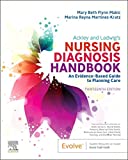
Nursing Care Plans – Nursing Diagnosis & Intervention (10th Edition)
Includes over two hundred care plans that reflect the most recent evidence-based guidelines. New to this edition are ICNP diagnoses, care plans on LGBTQ health issues, and on electrolytes and acid-base balance.
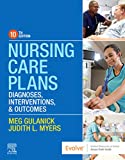
Nurse’s Pocket Guide: Diagnoses, Prioritized Interventions, and Rationales
Quick-reference tool includes all you need to identify the correct diagnoses for efficient patient care planning. The sixteenth edition includes the most recent nursing diagnoses and interventions and an alphabetized listing of nursing diagnoses covering more than 400 disorders.

Nursing Diagnosis Manual: Planning, Individualizing, and Documenting Client Care
Identify interventions to plan, individualize, and document care for more than 800 diseases and disorders. Only in the Nursing Diagnosis Manual will you find for each diagnosis subjectively and objectively – sample clinical applications, prioritized action/interventions with rationales – a documentation section, and much more!
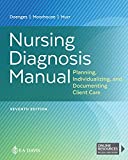
All-in-One Nursing Care Planning Resource – E-Book: Medical-Surgical, Pediatric, Maternity, and Psychiatric-Mental Health
Includes over 100 care plans for medical-surgical, maternity/OB, pediatrics, and psychiatric and mental health. Interprofessional “patient problems” focus familiarizes you with how to speak to patients.
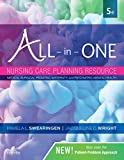
See also
Other recommended site resources for this nursing care plan:
- Nursing Care Plans (NCP): Ultimate Guide and Database MUST READ!
Over 150+ nursing care plans for different diseases and conditions. Includes our easy-to-follow guide on how to create nursing care plans from scratch. - Nursing Diagnosis Guide and List: All You Need to Know to Master Diagnosing
Our comprehensive guide on how to create and write diagnostic labels. Includes detailed nursing care plan guides for common nursing diagnostic labels.
Other nursing care plans for pediatric conditions and diseases:
- Acute Glomerulonephritis | 4 Care Plans
- Acute Rheumatic Fever | 4 Care Plans
- Apnea | 4 Care Plans
- Brain Tumor | 3 Care Plans
- Bronchiolitis | 5 Care Plans
- Cardiac Catheterization | 4 Care Plans
- Cerebral Palsy | 7 Care Plans
- Child Abuse | 4 Care Plans
- Cleft Lip and Cleft Palate | 7 Care Plans
- Congenital Heart Disease | 5 Care Plans
- Congenital Hip Dysplasia | 4 Care Plans
- Croup Syndrome | 5 Care Plans
- Cryptorchidism (Undescended Testes) | 3 Care Plans
- Cystic Fibrosis | 5 Care Plans
- Diabetes Mellitus Type 1 (Juvenile Diabetes) | 4 Care Plans
- Dying Child | 4 Care Plans
- Epiglottitis | 5 Care Plans
- Febrile Seizure | 4 Care Plans
- Guillain-Barre Syndrome | 6 Care Plans
- Hospitalized Child | 5 Care Plans
- Hydrocephalus | 5 Care Plans
- Hypospadias and Epispadias | 4 Care Plans
- Intussusception | 3 Care Plans
- Juvenile Rheumatoid Arthritis | 4 Care Plans
- Kawasaki Disease | 6 Care Plans
- Meningitis | 7 Care Plans
- Nephrotic Syndrome | 5 Care Plans
- Osteogenic Sarcoma (Osteosarcoma) | 4 Care Plans
- Otitis Media | 4 Care Plans
- Scoliosis | 4 Care Plans
- Spina Bifida | 7 Care Plans
- Tonsillitis and Adenoiditis | 4 Care Plans
- Umbilical and Inguinal Hernia | 4 Care Plans
- Vesicoureteral Reflux (VUR) | 5 Care Plans
- Wilms Tumor (Nephroblastoma) | 4 Care Plans
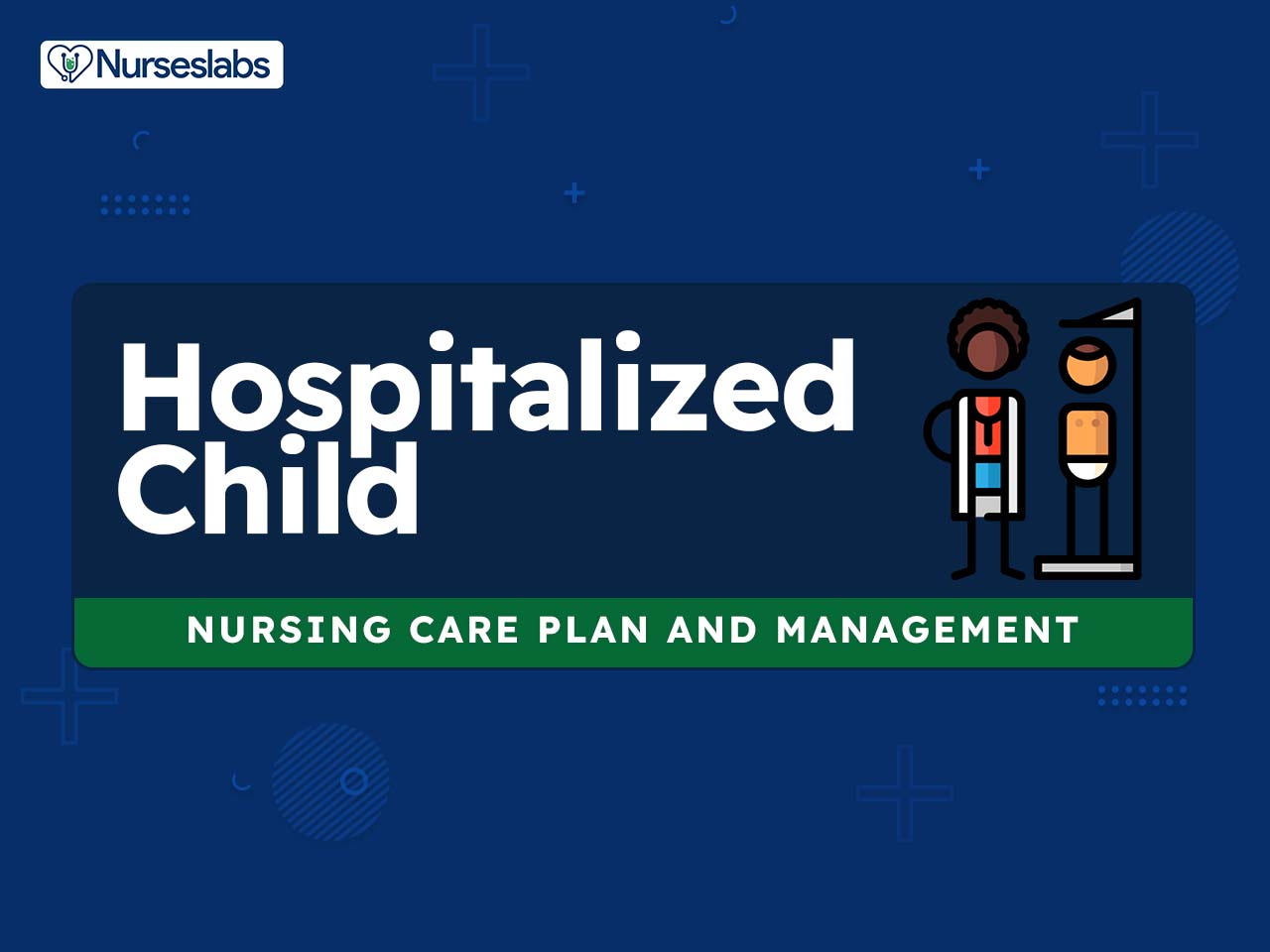

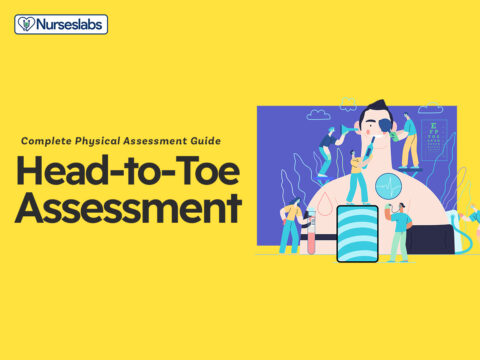
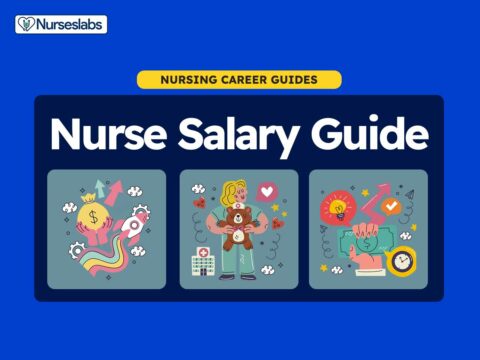
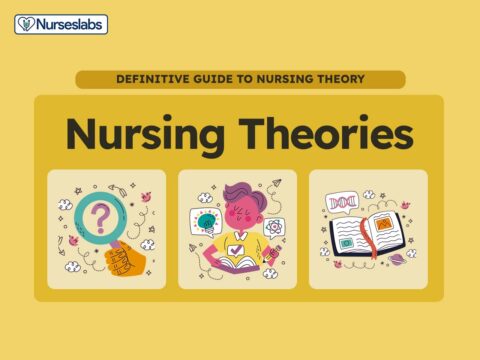

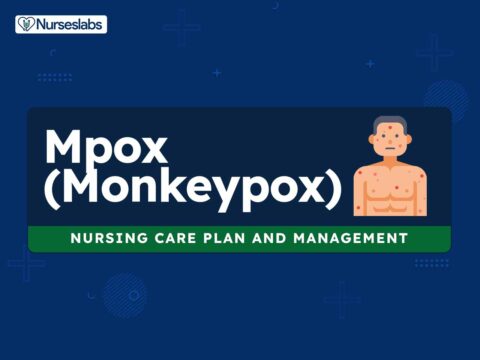


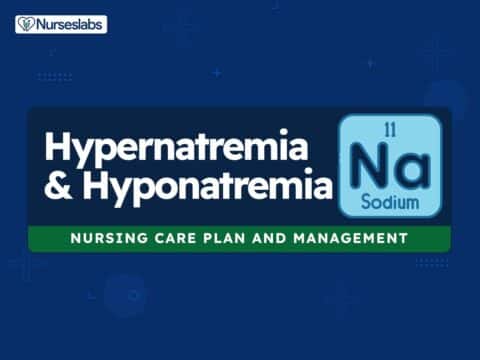


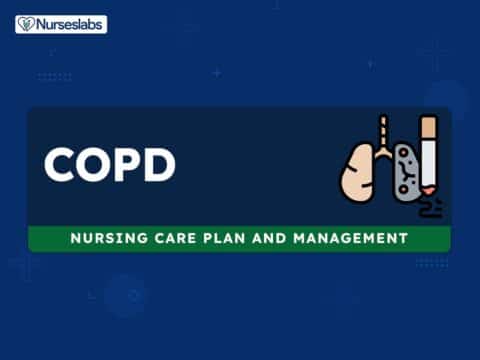
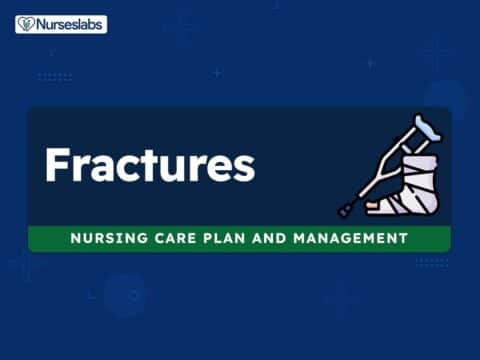
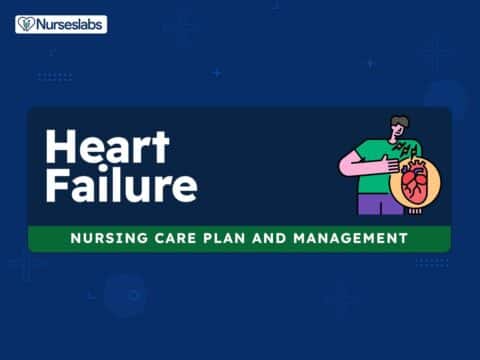
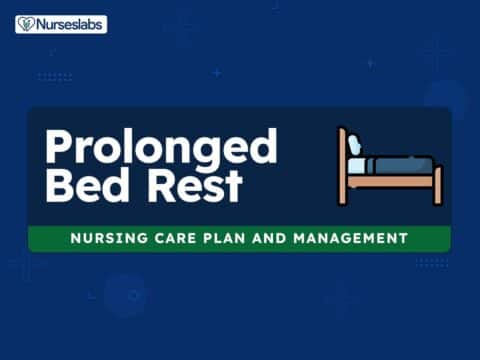
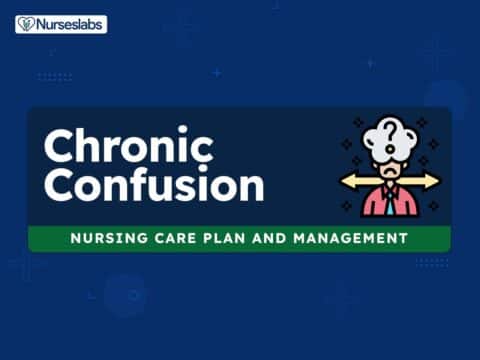
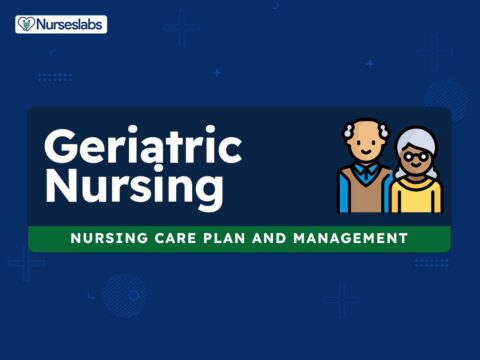
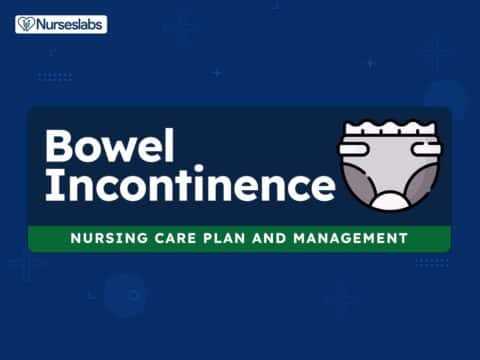
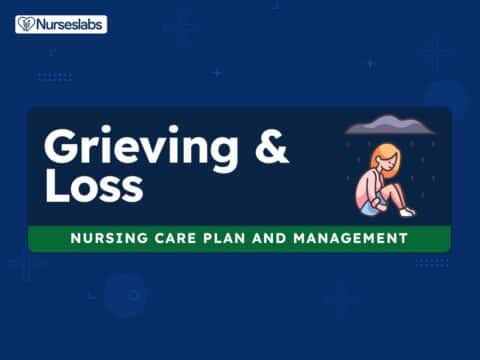
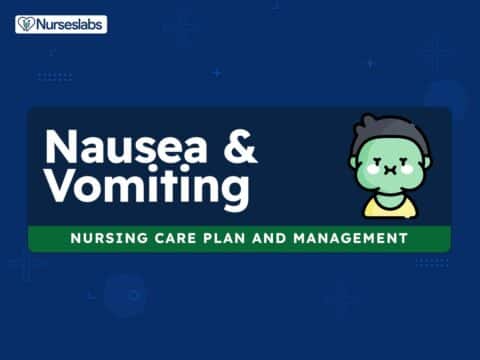
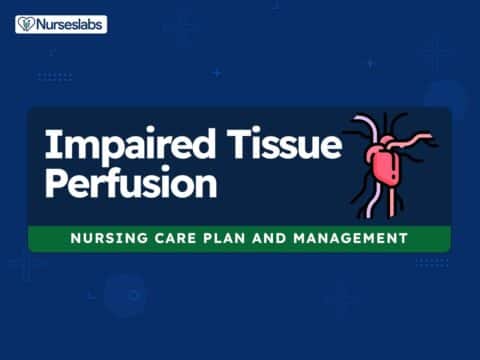

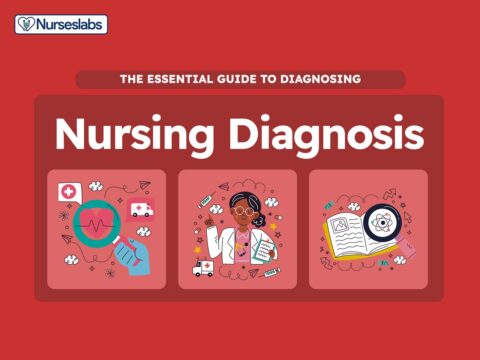
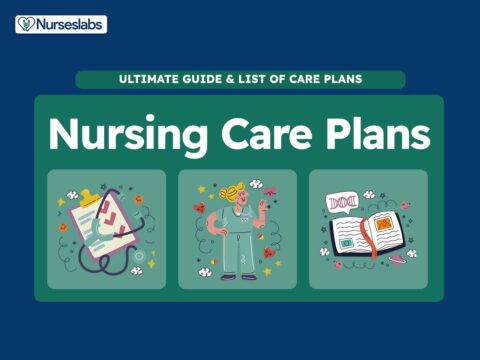
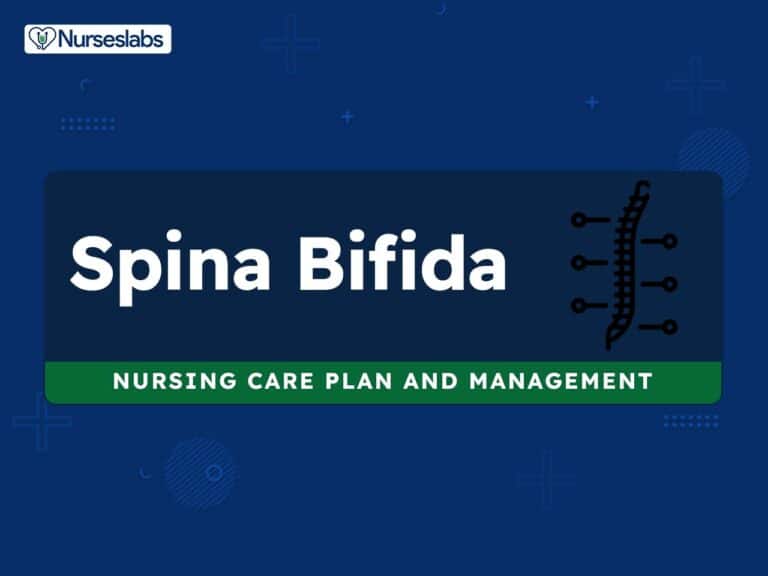
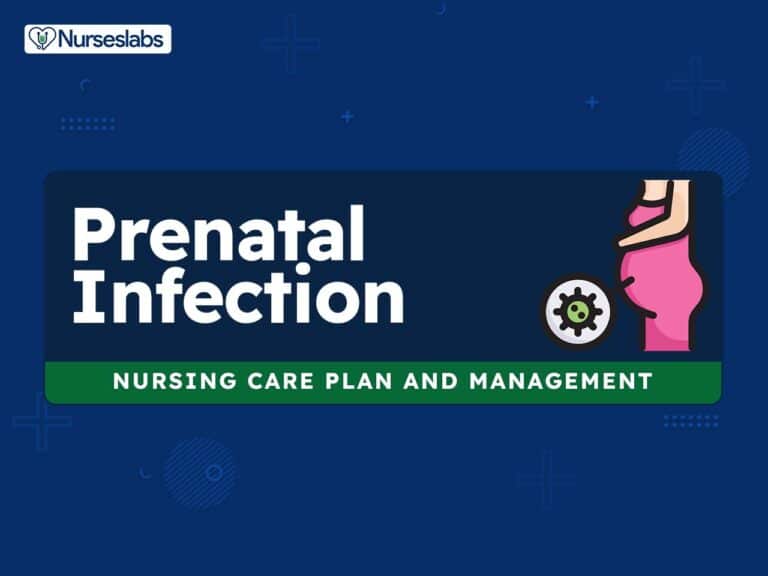
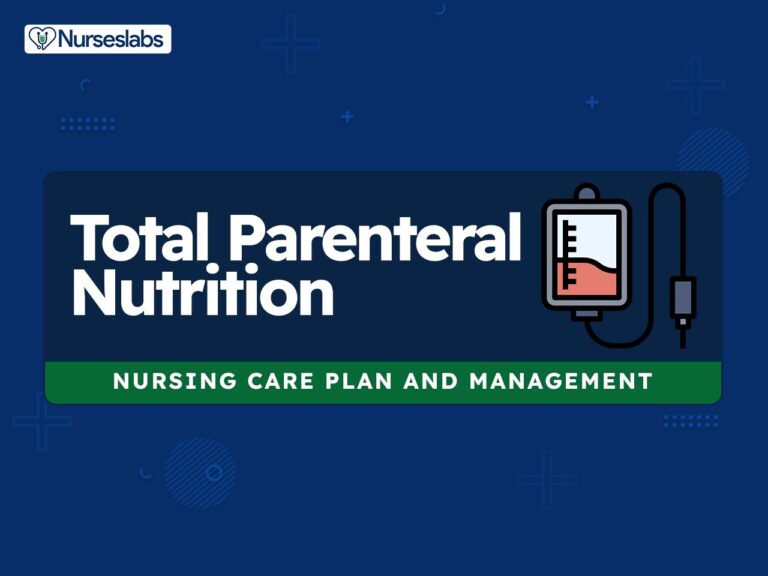
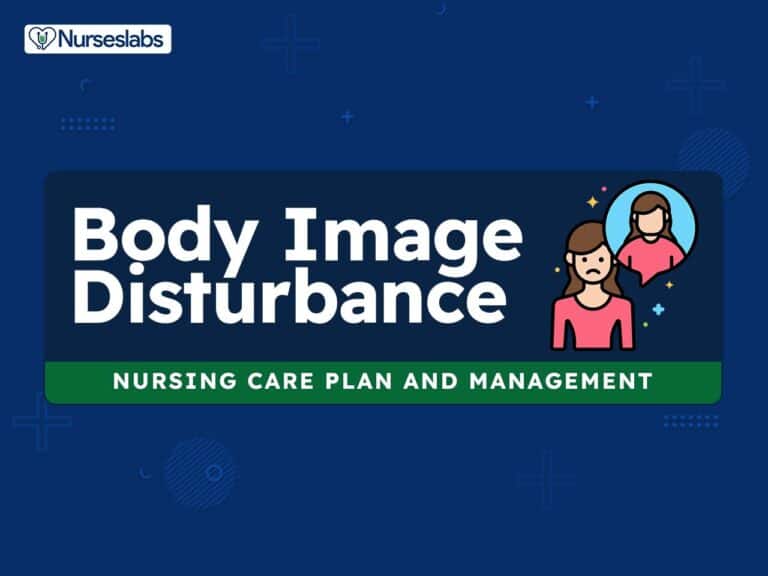
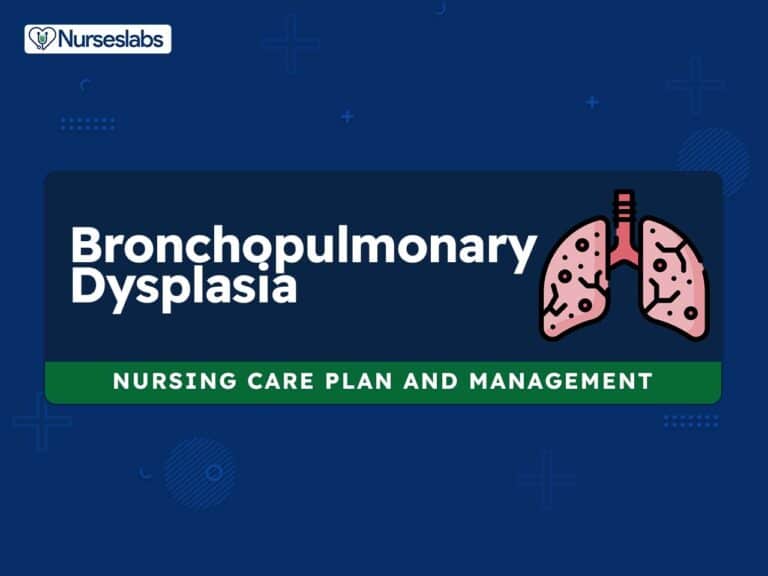
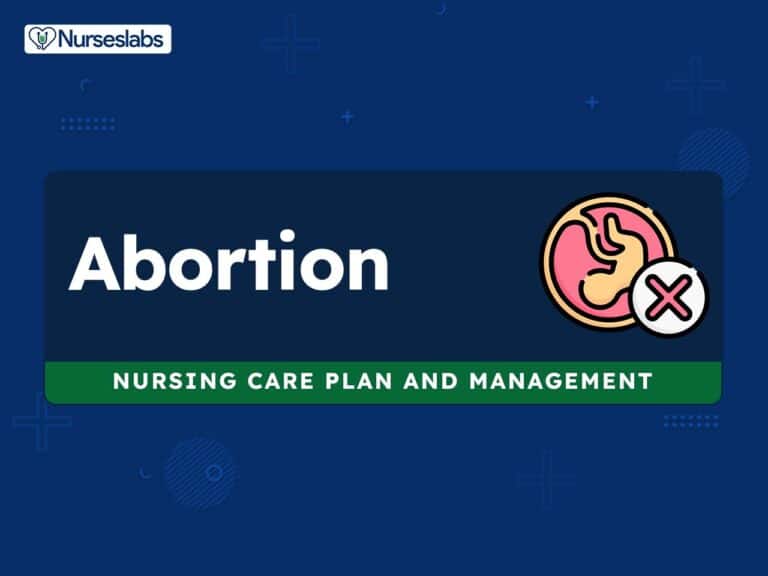



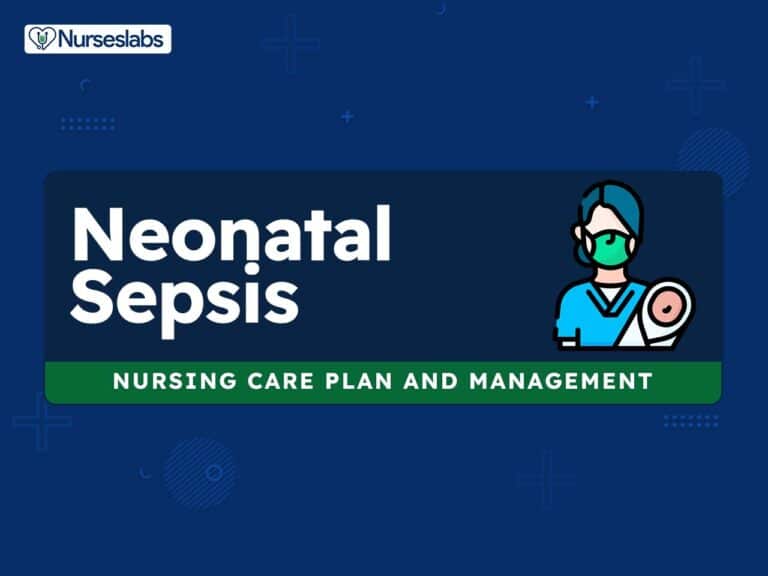

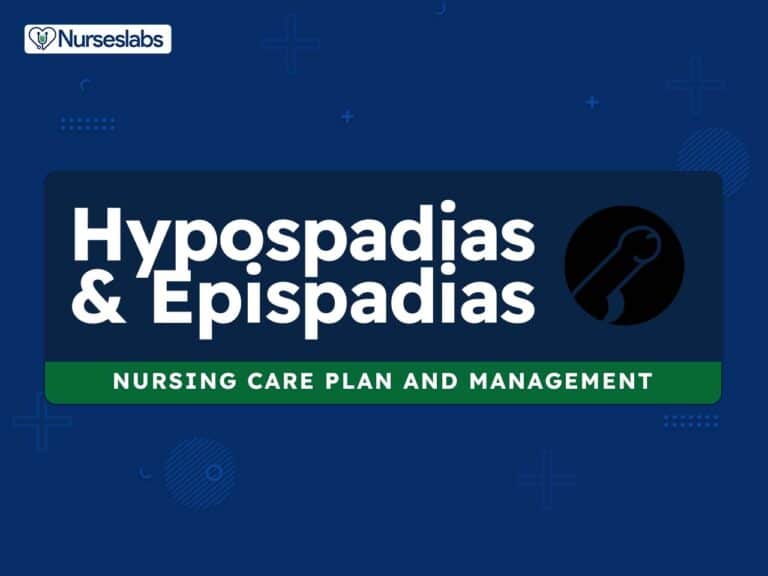
Leave a Comment